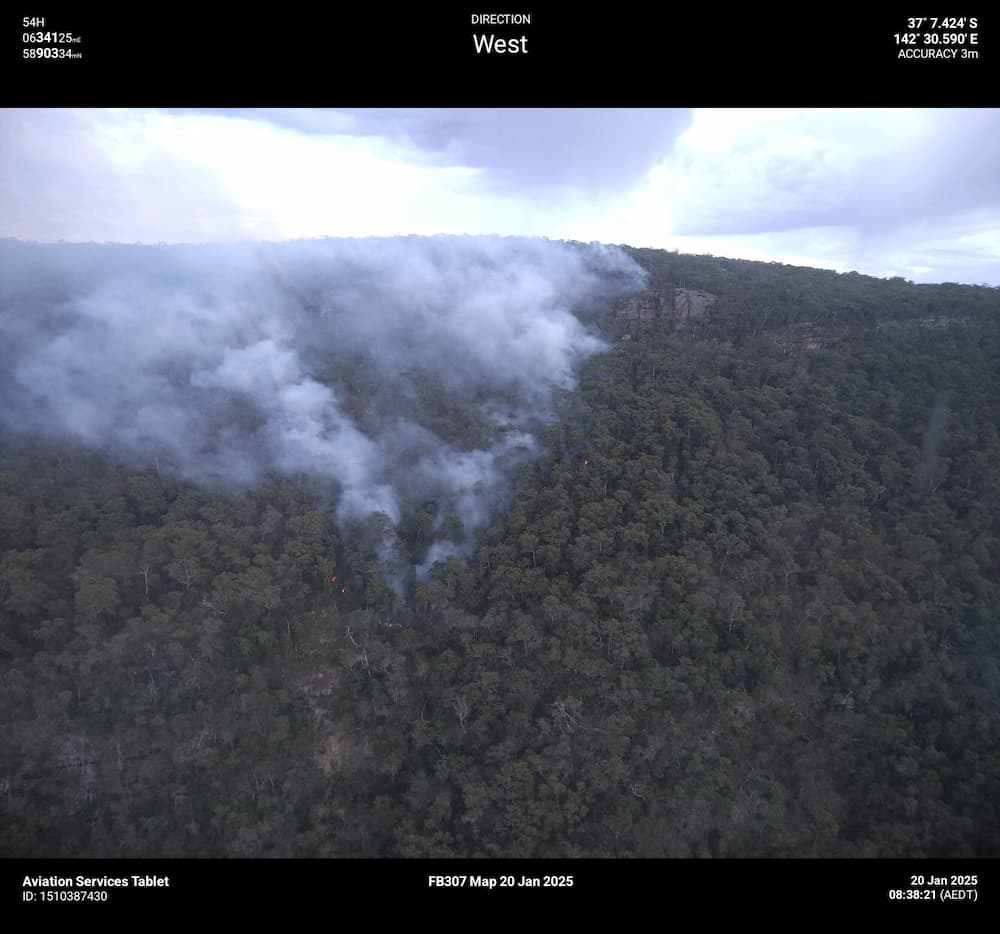Funding from FightMND enables Professor Heath Ecroyd and team to continue cutting-edge research
and the renowned Motor Neurone Disease research team at the University of Wollongong (UOW) have been awarded close to $1 million to further their work into understanding what triggers the devastating disease.
The project, titled ‘Establishing how and why protein aggregates escape molecular chaperones in the context of MND’, received $955,561 in funding from , a charity established in 2014 with the purpose of finding effective treatments and, ultimately, a cure for motor neurone disease (MND).
Professor Ecroyd said, as part of the project, the researchers will seek to unravel what causes one of the hallmark pathological features of MND, the protein clumps, known as inclusions, which form in motor neurones that lead to their death.
“Our project is based on the premise that if we can understand why protein clumps form in motor neurones in MND, we can then use this information to target this process as a potential therapeutic strategy for the treatment of MND. We know that our cells are normally equipped to prevent the formation of clumps due to the presence of a group of proteins called molecular chaperones.
“Our project will investigate how and why these molecular chaperones fail to prevent these protein clumps from forming in the context of MND,” Professor Ecroyd said.
“Our cells make many different forms of molecular chaperones in order to protect our cells from the potential terrible consequences of proteins forming clumps. This will be the first time anyone has systematically screened all the different chaperones to find out which ones are the best at preventing protein clumps from forming.
“We are able to do this work due to the broad experience of our research team in working across different aspects of the cell and molecular biology that leads to the clumping of protein in motor neurones associated with MND.”

Professor Heath Ecroyd
MND is a fatal disease that affects nerves called motor neurones in the brain and spinal cord, which impacts the functioning of the muscles that controls movement. It is a cause that is close to the heart of the researchers at UOW that work on motor neurone disease due to their connection with fellow MND researcher Professor Justin Yerbury. Professor Yerbury, who was himself diagnosed with the disease in 2016, earned many international accolades for his groundbreaking research into MND until his death in 2023. The legacy of Justin’s impact is evident in the drive of the research group at UOW to find a treatment for the disease.
Professor Ecroyd, a member of UOW’s and the , said the funding was a game-changer in allowing the team to continue to pursue cutting-edge research.
“This work would simply not be possible without the generous support from FightMND. The work required to undertake this project requires funding and without this grant from FightMND we would not be in a position to support the highly skilled researchers, purchase the necessary consumables, and access the cutting-edge equipment required to do this work.
“It is a collaborative effort between researchers here in Australia, at the University of Wollongong, Macquarie University, and in Spain. This project puts us at the frontline of research around the world that seeks to understand what leads to the underlying pathology of MND and how to identify the best molecular chaperones to target for future treatments.”
UOW Interim Deputy Vice-Chancellor and Vice-President (Research and Sustainable Futures) welcomed the announcement.
“The pioneering research underway at UOW into motor neurone disease is a beacon of hope to those affected by this horrific disease. Congratulations to Professor Heath Ecroyd and his team. It is well deserved. This grant will make a true difference in developing their exceptional work.”






